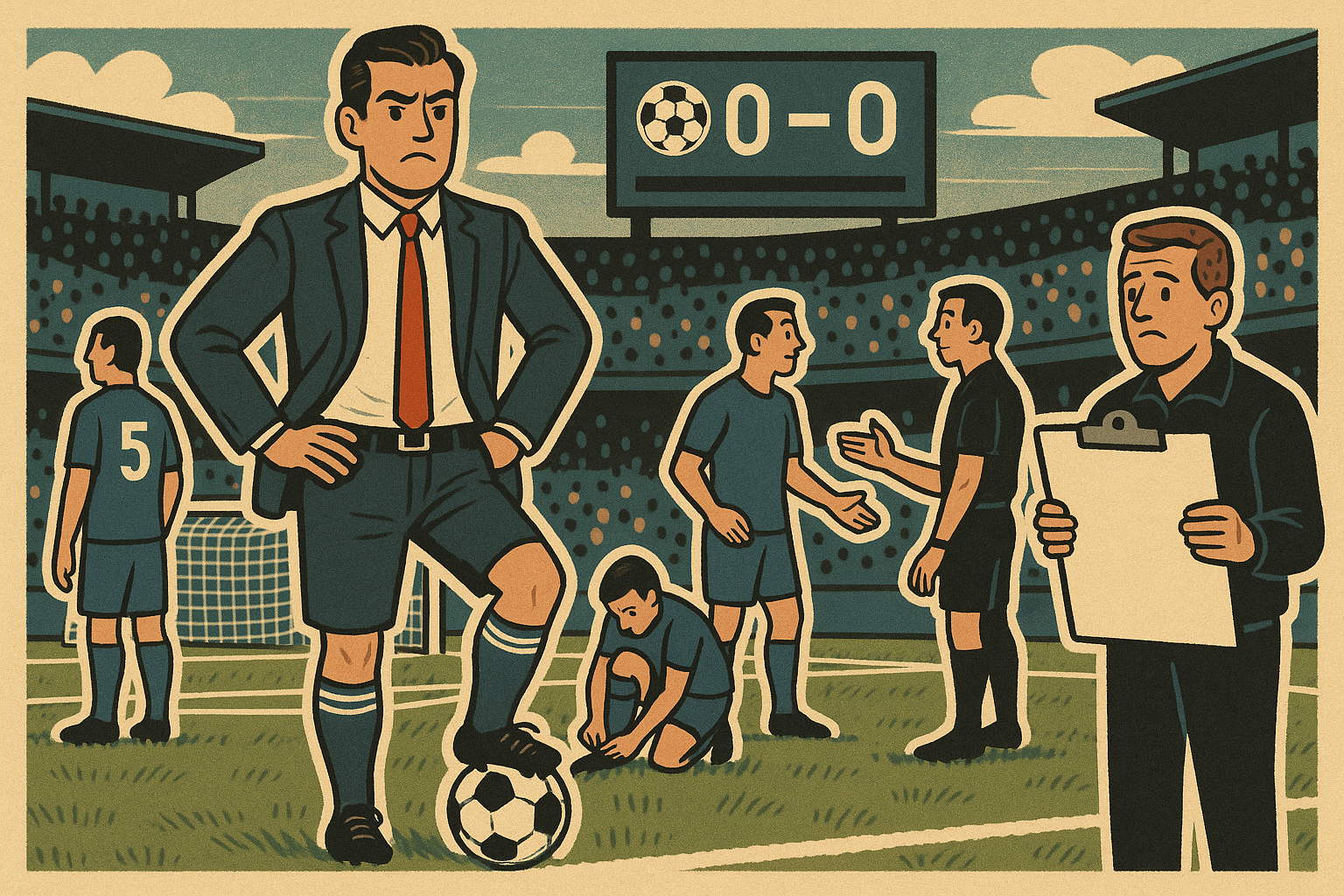Every investment comes with a risk disclaimer, something along the lines of "Past performance is not a guarantee of future results. All investments involve a degree of risk, including the risk of loss."
But for some reason when we market or sell our services, we don't consider that making a decision to purchase our services is no different than a decision to purchase an investment asset. It carries a degree of risk. And just like investors have varying understanding and tolerance for risk, so too do organizations and individuals within those organizations.
Indecision vs. Risk
According to Gartner, 40% of B2B buying decisions end in "no decision". The prevailing theory seems to be that the causes are buyer indecision, the comfort of the status quo, the lack of perceived value, the complexity of buying committees... but all of these seem to be missing the point. RISK.
Research has shown that humans are much more afraid of losing than they are excited by winning. They are much more concerned with the "loss" of what might happen if the result is worse than the status quo than they are excited by the premise of the "win" if the result is better than the status quo.
So it's not that prospective clients can't make up their minds (indecision); it's that we haven't understood their risk tolerance, nor taken the time to address risk in our marketing and sales process.
Let's Talk About Risk
Think about a typical B2B buying situation. You have a group of 3 to 20 people (depending on the size of the company and the size and complexity of the product or service being purchased) who come from different backgrounds, and have different objectives and mandates, and between whom there are different power dynamics. Somewhere in that group you will have your champion, and they will be driving for a decision to be made. And when we layer onto this the reality of selling an intangible consulting service, that environment is a breeding ground for risk.
Personal Risk vs. Organizational Risk
There are two types of risk you need to consider, and they are very different, and both are very important to consider.
Personal risk is: if you don't succeed, will I get fired? Let's think about our champion again. Better yet, let's put this champion in a fairly strong power position within the organization, and let's say they like you personally, and have built up some affinity for your firm. But when you get into the details of what an engagement could look like, they start wondering... "what if this doesn't work?" They are considering the personal risk to their reputation, and possibly even their livelihood.
And let's not forget, now this champion needs to stick their neck out and convince the rest of the group that hiring your firm is the right move, and everyone in that group will have some level of personal risk they are considering around how this decision will impact them.
Organizational risk is: can you deliver the target outcome for the organization? Every organization has a strategy they are executing, a set of business objectives, and a set of challenges or roadblocks standing in the way of them achieving those objectives. Your firm is being considered as a solution to those challenges and roadblocks. But every buying decision carries with it a certain level of opportunity cost risk, because there are always multiple competing challenges that need solving, and each one can be solved in a variety of ways.
So the question is... are we prioritizing the right thing, and can you diagnose the problem correctly to guide us in the best way possible to solve it? That's a loaded question, and any amount of skepticism is a risk for the organization.
As a marketer or seller, there is another way to think about risk from your buyers' perspective.
There is selection risk - "what happens if this fails?", which isn't the same as solution risk - "what happens if I don't solve this problem?" but selection risk is felt much more acutely by individuals with organizations.
Addressing Risk in Your Go-to-Market
Now think about how most consulting services are sold. We generally don't go into a sales conversation saying that we are just like everyone else. No! We say that we are different, that we have a unique or proprietary process or framework, that we have the best people, etc.
So we are pitching DIFFERENT. But different is risky. At least if it isn't adequately backed up by industry and personal credibility, social proof, and strong thought leadership position within your relevant ecosystem.
This means that for professional services, a successful go-to-market approach that drives sustainable growth, must be focused around driving trust and credibility at scale. Because trust and credibility is what can help you address both personal and organizational risk.
A few things to consider when trying to build trust and credibility at scale:
- People buy from people, so you need to bring your executives and subject matter experts to the forefront, regardless of the channels you are going to participate in.
- People trust their peers, so you need to bring the internal and external influencers into the fold. Find ways connect, engage, and collaborate within your ecosystem.
- People need to FEEL that you really understand them and their problems and pain points. So the bulk of your effort needs to be spent getting steeped in, and showing your mastery of, the nuance of their challenges.
- Every organization has many priorities they are juggling at any given time, so you need to show your understanding of these priorities and how you can help them prioritize appropriately. Even if it means the priority that you can solve, doesn't get addressed right away.







